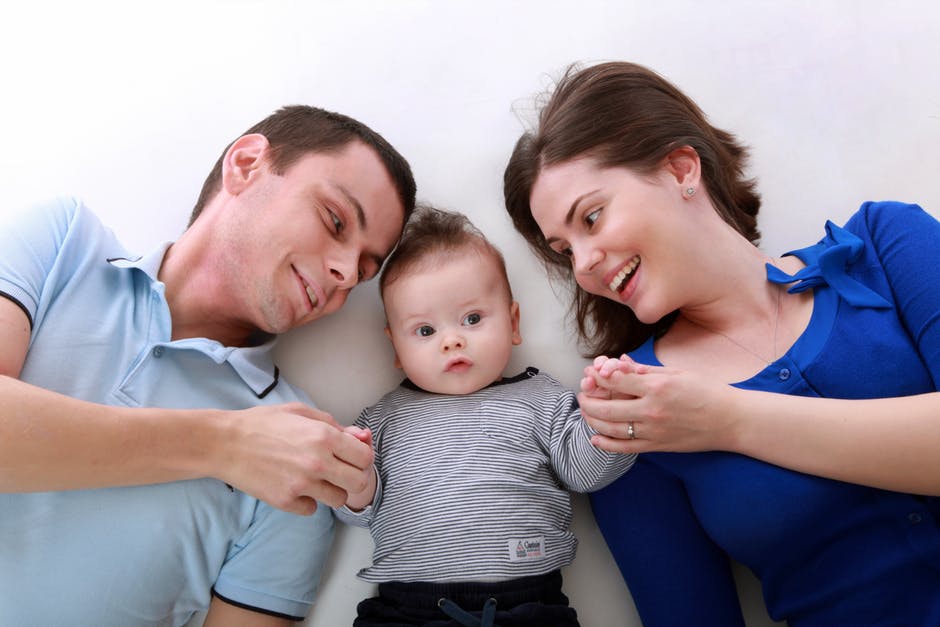Your cart is currently empty!
Happy National Parent’s Day
National Parents Day is on July 28th, and we want to celebrate this day by specifically acknowledging parents of children with FASD. As a parent of a child with FASD, your journey may be filled with unique challenges, but it is also marked by incredible strength and commitment. Take this day to admire yourself and honor the special bond you share with your child.

As we prepare to honor these parents and caregivers, FASD United is committed to amplifying the voices and experiences of those directly involved. Our Family Navigators generously shared their insights with social media associate, Liv Gargiulo. Through conversations with Heather French, Laura Bousquet, and Kristen Eriksen, parents and caregivers can gain valuable perspectives on the daily realities, triumphs, and strategies of parenting children with FASD.
One of the predominant themes that emerged from these discussions is the necessity for parents to navigate a path that diverges significantly from “conventional” parenting norms. It is important to note that parents/caregivers do not have to be traditional or “nuclear”, and that there is a diverse range of parents and caregivers that do not fit into a normative mold. Our navigators emphasized the concept of “super parenting,” which involves adopting a brain-based approach to understand and address the complex behaviors and emotional challenges associated with FASD. It is crucial to understand that parenting “differently” doesn’t imply you are a bad parent. In fact, embracing a unique approach to parenting, particularly when raising children with FASD, can lead to profound growth, understanding, and stronger family bonds. It’s essential to recognize that each child is unique, with their own strengths and challenges, so it is best to adopt parenting strategies that best support their specific individual needs.
In addition, they discussed the importance of proactive parenting, continual education about FASD, and the adjustment of expectations to align with the unique needs of their children. Central to their advice is the encouragement to trust one’s intuition as a parent—recognizing that no one understands their child better than they do. FASD is a whole-body diagnosis, so it is important to take any concerns expressed by an individual seriously.
One of the most important takeaways gained from talking to the family navigators is how important self-care is for parents or guardians. Laura expressed how once a parent knows they are going to be on a journey of care for FASD, she recommends finding a therapist or support group. A therapist can provide support and understanding.. It is important to find a therapist that is familiar with FASD, so they know how to properly respond to any nuanced experiences you have. Finding support groups can ensure caregivers are balancing taking care of themselves as well as their child. Kristen discussed how they work together to connect parents and caregivers (with their consent) so they can offer an understanding of their experiences. Connecting with other parents can foster a sense of community and solidarity. Heather also mentioned how their team often works on connecting parents to FASD United’s affiliate organizations for more support specifically in their state. You don’t have to feel alone on your FASD journey, as FASD United has a wonderful team and an abundance of resources to guide you.
Take some time to check out our Tools for Parents on our website for any additional resources or information you may need. Feel free to also check out our Family Navigator page on our website to connect with our amazing team that spoke to Liv for this blog post and Dr. Petrenko’s strengths-based research. Thank you all for reading!
